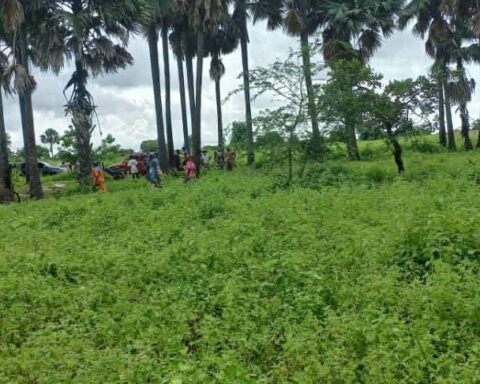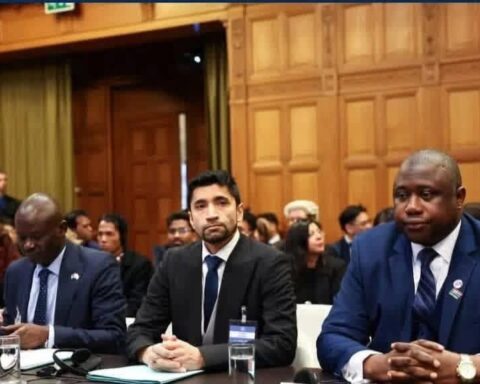By Ndey Sowe
As the Nafa Cash transfer programme enters its 17th payment cycle for indigent households across The Gambia, the National Nutrition Agency (NaNA) and its partners are placing strong emphasis on “Entrepreneurial and Financial Literacy” as part of the Social Behavioural Change Communication (SBCC) component under the Gambia RISE Project.
The SBCC component highlights investments in maternal and child health, education, family planning, savings, entrepreneurship, financial literacy, and agriculture, equipping households with the knowledge and skills to build sustainable livelihoods. This latest round of payments, covering West Coast, Lower River, Central River North and South, and Upper River Regions, runs from 15 September to 29 November 2025.
Implemented by NaNA, the Department of Community Development, and the Directorate of Social Welfare, the Nafa programme combines direct financial support with SBCC. It forms a key part of the $92.71 million World Bank–funded Resilience, Inclusion, Skills, and Equality (RISE) Project, a five-year initiative co-financed by the Global Partnership for Education to strengthen human capital through education, employment, and social protection.
Speaking during the 17th cycle in Niorro Jataba in Kiang, Lower River Region (LRR), Sainey Camara, Nutrition Field Officer for LRR at NaNA, said: “We are here today delivering the 17th cash transfer of the Nafa programme. This is one of the major programmes of the Nafa intervention under the Gambia Rise Project.”
Sainey Camara explained that the Nafa Cash Transfer supports vulnerable households based on a detailed selection process. Household data is collected nationwide, including LRR, and analysed using a proxy test to determine vulnerability levels. “Based on that, households are identified to be supported,” he said.
He added that the support consists of D3,000 payments every two months for three years. For LRR, the ongoing cycle is the 17th, with only one payment left, scheduled for January.
Camara stressed the programme’s transformative impact: “We take them through not only the cash transfer, but also different modules. With the coming of the Nafa, that should at least uplift them to a certain status.”
He noted that entrepreneurship and financial literacy training are crucial because the cash transfers will eventually end. “If you have that financial literacy, the little cash you manage along the line can be utilised and put into other benefits of the household,” he said.
On beneficiary participation in the current module, Camara added that training is delivered at the household level to ensure broad knowledge transfer. “They found it very interesting because they will not only be taught about starting a petty business, but how to register the business, how to manage funds, and who to entrust with whatever funds are generated,” he explained.
He said the programme also guides beneficiaries on the reliability of business registration, to ensure long-term sustainability beyond the transfers.
In Sibeto, Kiang Central, Fabakary Bass, Field Coordinator at NaNA, shared similar observations, highlighting the significant gains recorded. “Some of them who have never had small remnants before have a lot of them. Some who have never experienced small businesses are now in business. If one does an impact survey, one realizes that there are a lot of gains,” he said.
Beneficiaries across the regions described the initiative as empowering and life-changing, noting that it has not only improved their financial standing but also enabled them to save for emergencies, something they previously could not imagine.
The post Financial Skills in 17th Payment Cycle appeared first on .
By Ndey Sowe As the Nafa Cash transfer programme enters its 17th payment cycle for indigent households across The Gambia,…
The post Financial Skills in 17th Payment Cycle appeared first on .





